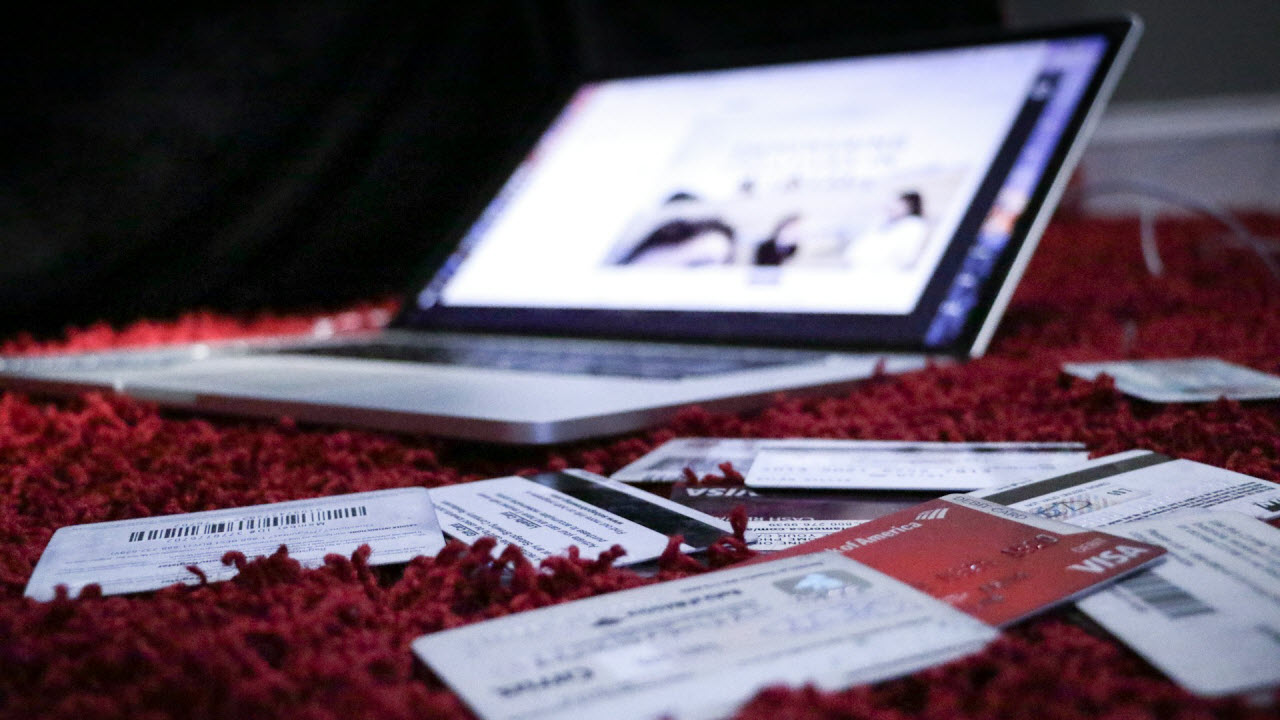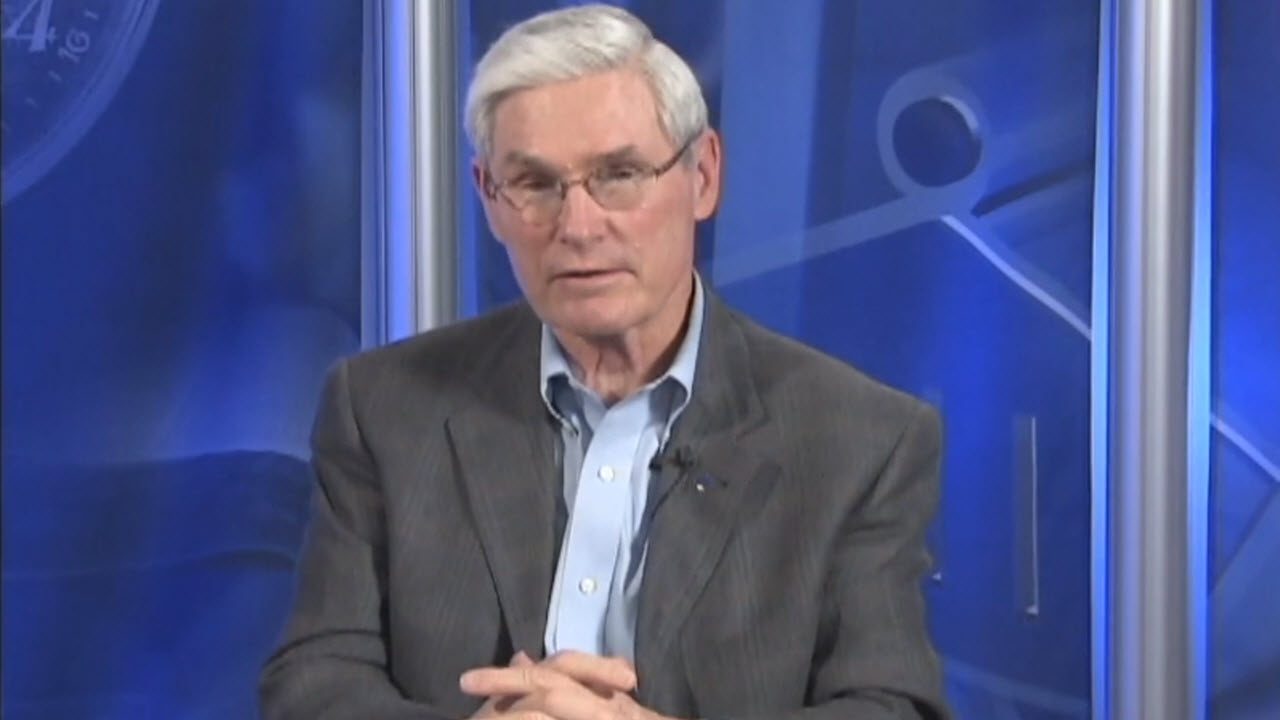The Hidden Danger of Buy Now, Pay Later
In a culture of instant gratification, it's easier than ever to get what we want, even if we can't afford it.

In a culture of instant gratification, it's easier than ever to get what we want, even if we can't afford it. Buy Now, Pay Later (BNPL) programs make it possible to purchase just about anything in a few quick taps, from furniture and electronics to a fast-food meal. But beneath the convenience lies a growing financial and spiritual concern.
Services like DoorDash now allow users to split food orders into four equal payments. That means your cheeseburger and fries could come with a payment plan.
If that sounds like something out of a cartoon, say, Wimpy promising to "gladly pay you Tuesday for a hamburger today”, you’re not wrong. The difference is, this isn’t satire. It's happening now, and it’s reshaping how millions of Americans think about money and debt. BNPL isn’t just about big-ticket items anymore. It's integrated into daily purchases through apps and retailers. Klarna, Afterpay, Affirm, Zip, Sezzle, and PayPal are just a few of the companies fueling the trend. According to Experian, over 80% of U.S. shoppers have used a buy now, pay later program. The Debt You Don’t Feel (But Still Carry) While these offers may feel harmless, after all, it's “just four easy payments,” they can stack up quickly. The Consumer Financial Protection Bureau has warned that BNPL users are more likely to carry multiple balances, overdraft their accounts, and experience increased financial stress. That’s partly because BNPL doesn’t feel like debt. However, missed or extended payments often come with interest rates as high as 36%. The ease of use masks the risk.Let’s say you order $60 of takeout through a BNPL service. That breaks down to $15 every two weeks. Add a few more meals and a couple of online impulse buys, and suddenly your food budget is competing with your rent or utilities.
Or take something larger: a $3,000 couch. Miss one payment, and now you're hit with interest. You start making minimum payments at 25% APR, and by the time it’s paid off, you could end up spending close to $8,000. That’s not just expensive, that’s exhausting.
The Spiritual Weight of Financial Slavery The Bible is clear about the dangers of debt. Proverbs 22:7 reminds us, “The borrower is the slave of the lender.” And that burden is more than financial; it affects your emotional and spiritual life. Debt introduces anxiety, divides our focus, and often distracts us from God’s best. That’s why it’s wise to pause when you’re faced with BNPL offers. Ask yourself:- Do I truly need this item?
- Am I acting out of faith or impulse?
- Am I content with what God has already provided?
Contentment isn’t found in the ability to swipe or click; it’s found in trusting God’s timing and provision. So, how should we respond to these modern financial temptations?
A Better Way: Building Margin and TrustSo, how should we respond to modern financial temptations like BNPL?
Practically: Build margin. Budget ahead for what you want to purchase. Start a “wants” fund with automatic transfers. Use cash whenever possible—it brings clarity and limits regret. For smaller extras like takeout, try a weekly envelope system or digital limit. When it’s gone, it’s gone. Spiritually: Ask God to search your heart.- Are you trusting Him to provide?
- Are you trying to manufacture your own comfort?
- Are your spending habits shaped by gratitude or striving?
Related Articles

May 21, 2025
The Danger of Buy Now, Pay Later

March 2, 2025
What is good debt vs. bad debt?
Is all debt bad? Or does some good debt exist? Here are the biblical principles to discern the difference....

February 23, 2025
Understanding Credit Card Float—And How to Avoid It
What is it, how does it work, and how do you avoid the potential pitfalls that come with it?...